Search
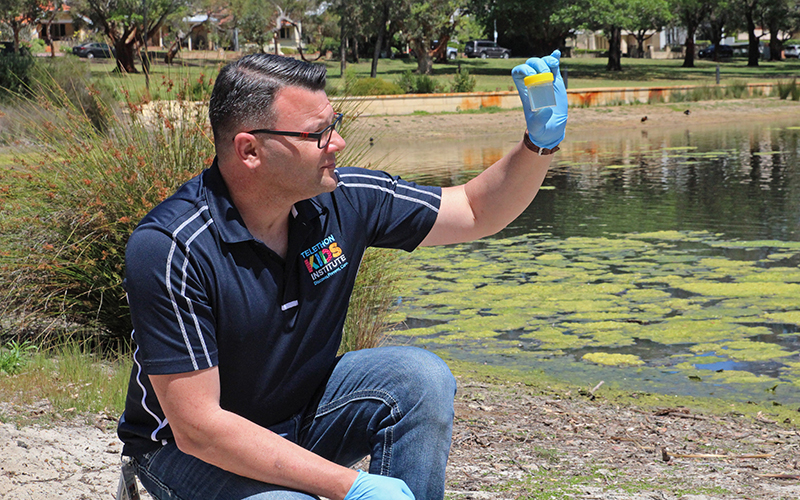
News & Events
Could Perth lakes hold the secret to fighting antibiotic-resistant superbugs?Perth researchers have discovered a predatory virus living in the city’s lakes and rivers that can fight antibiotic-resistant superbugs in children.

News & Events
Tips for talking to your teenager about drinking before Leavers WeekAs thousands of West Australian school leavers pack their bags for a week of celebration to mark the end of their school journey this weekend, it can be an anxious time for parents.

News & Events
Aboriginal researcher and psychiatrist named joint winner of national mental health prizePioneering Aboriginal psychiatrist, researcher and mental health champion Professor Helen Milroy has been named joint winner of the 2020 Australian Mental Health Prize.

News & Events
Horses helpingProfessor Juli Coffin’s most recent research focuses on the healing power of horses – also known as equine-assisted learning.

News & Events
People power takes tiny study to the next levelOne of the biggest problems facing young people with neuromuscular disorders is the risk of breathing problems caused by muscle weakness during sleep.

News & Events
Global consortium aims to protect babies from their first week of lifeBabies are most vulnerable to life-threatening diseases in their first few weeks of life, yet current vaccines can’t be given until two months of age.
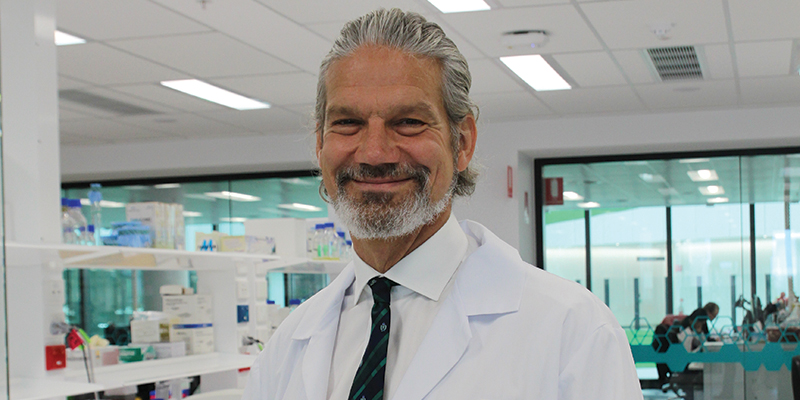
News & Events
Driving a vaccine revolutionThe Kids Research Institute Australia is now part of an ambitious, yet achievable, global bid to produce such one-shot vaccines.
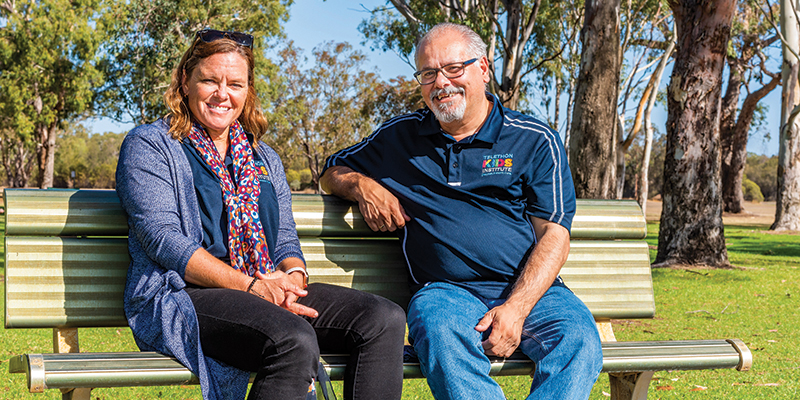
News & Events
Giving wings to a generation of Indigenous leadersIn 2005, The Kids Research Institute Australia won a National Health & Medical Research Council Indigenous Capacity Building Grant.
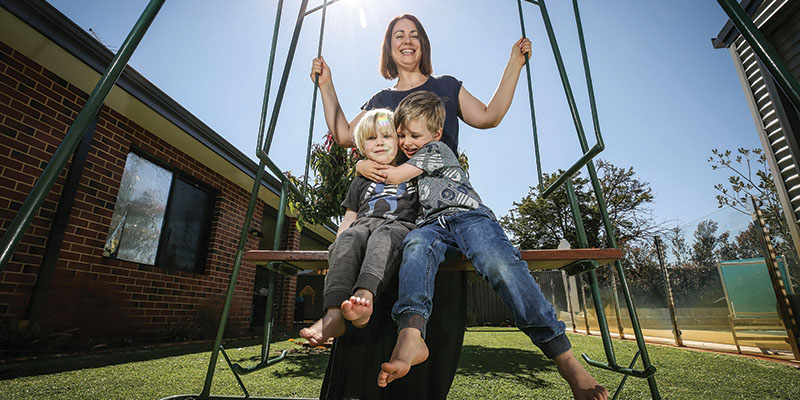
News & Events
Sunny outlook for allergy-prone bubFelix was one of 195 children to take part in Dr Debbie Palmer’s research into sunlight exposure, vitamin D and eczema.
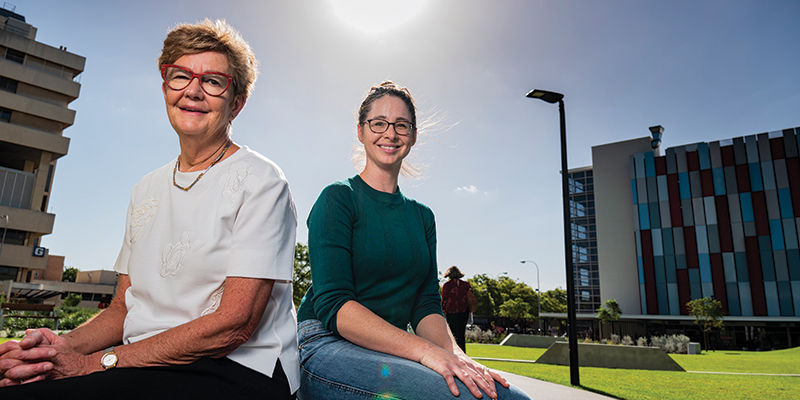
News & Events
Let the sun shine inFor decades Aussies have been told to minimise sun exposure to prevent skin cancer - now researchers at Telethon Kids are challenging that message.
